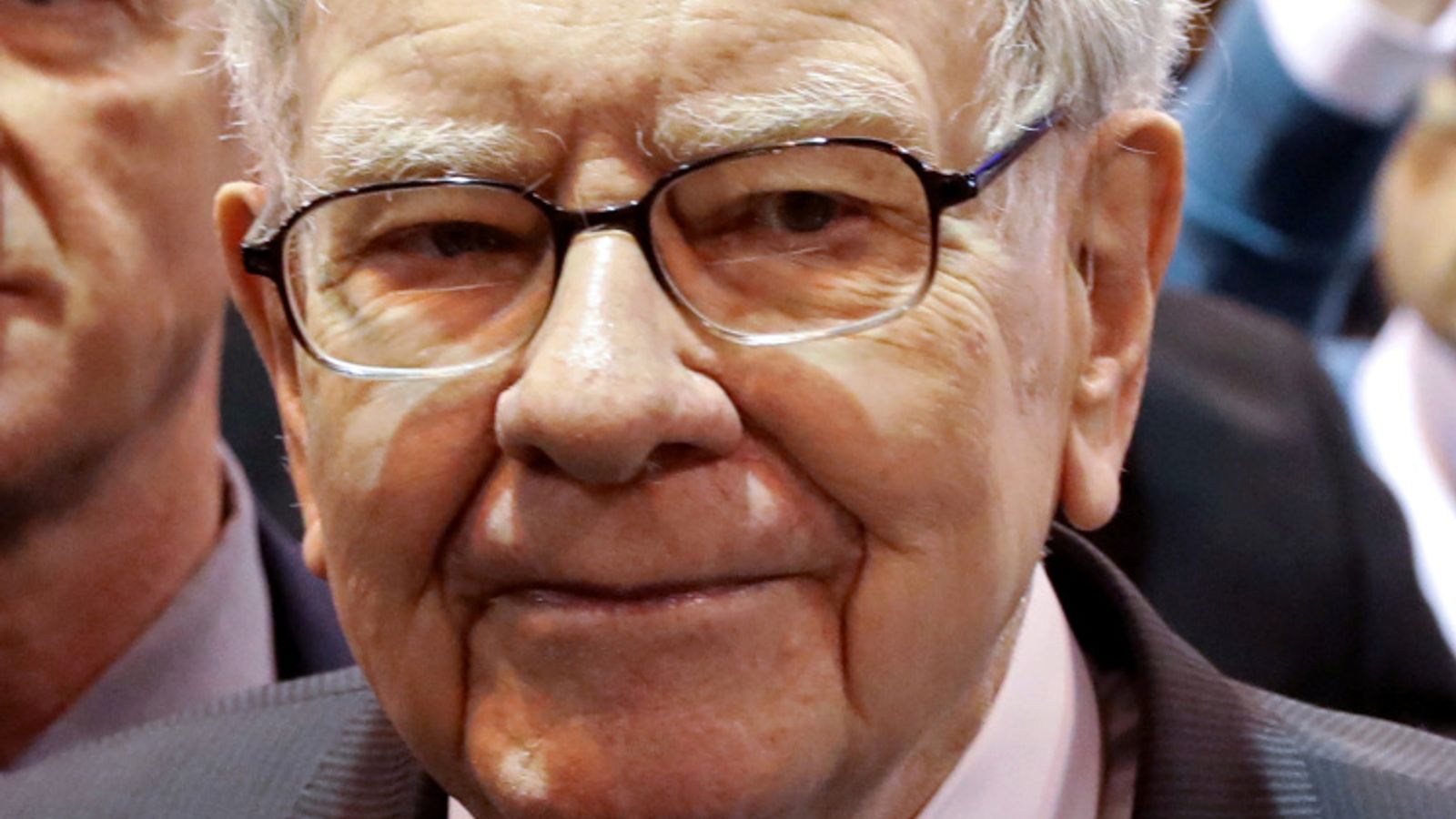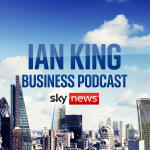It has been one of the most-asked questions in the worlds of business and investment: just who will succeed Warren Buffett – arguably the most successful investor of all time – as chief executive of Berkshire Hathaway?
This weekend, finally, the question was finally answered.
Greg Abel, currently vice-chair at Berkshire, is the anointed one.
For many years now, Mr Buffett, 90, has kept his millions of followers guessing as to who would step into his enormous shoes.
He has, frequently, given the impression that he enjoys the suspense.
In 1998, for example, Mr Buffett was at a gathering of friends in Arizona where, reportedly, he held aloft an envelope and declared to those gathered that it contained details of his succession plan.
As the room fell silent, the tycoon opened the envelope, before pausing to read its contents: “Check my pulse again.”
That there was a succession plan in train, though, was never denied.
A handwritten letter from Mr Buffett, to be sent to shareholders the day after his death, has sat in an envelope in his secretary’s desk for more than two decades.
It is said to begin: “Yesterday I died.
“That is unquestionably bad news for me, but it is not bad news for our businesses.”
The Wall Street Journal reported at the time that his successor was likely to be one of three company executives: Ajit Jain, Tony Nicely and Richard Santulli.
Mr Nicely has since taken a back seat at Geico, Berkshire’s insurance business, while Mr Santulli, who sold the corporate jets business NetJets to Berkshire, left as long ago as 2009.
Another contender, David Sokol, was seen as a hot favourite but left a decade ago after questions about his share dealings were raised.
That left Mr Jain, overall head of Berkshire’s insurance business and 59-year old Canadian Mr Abel, who currently heads all of Berkshire’s non-insurance businesses.
Now the company has answered the question – but only by accident.
Berkshire’s annual meeting, an event that normally attracts 40,000 or more visitors to Mr Buffett’s home town of Omaha, Nebraska, but which was held online this year due to COVID restrictions, was held this weekend.
During a question and answer session Mr Buffett’s 97-year old right-hand-man, Charlie Munger, was discussing corporate culture at Berkshire when he let slip: “Greg will keep the culture.”
Frenzied media speculation followed until, on Monday, the CNBC presenter Becky Quick, who knows Mr Buffett well, reported that Mr Abel was indeed the heir apparent.
She quoted Mr Buffett as saying: “The directors are in agreement that if something were to happen to me tonight, it would be Greg who’d take over tomorrow morning.
“If, heaven forbid, anything happened to Greg tonight then it would be Ajit.
“They’re both wonderful guys.
“The likelihood of someone having a 20-year runway though makes a real difference.”
Berkshire’s approach to boardroom succession is, to say the least, unorthodox.
Most companies are quite clear about their succession planning.
Berkshire has kept its investors in suspense for many years now.
That said, as one of the most iconic American business leaders of all time, Mr Buffett has arguably earned the right to defy convention.
Starting his business career as an investment salesman, the ‘Oracle of Omaha’ set up his own investment firm in 1956, from where in 1962 he began buying shares in a struggling textile manufacturer called Berkshire Hathaway.
He took control of the company three years later and set about turning it into his investment vehicle.
It has gone on to deliver an annual compound return of 20% to the end of 2020 – getting on for double the return that an investment in the S&P500, reinvesting dividends, would have delivered in that time.
Someone who backed Mr Buffett in 1965 with $1,000 would have seen the value of that investment rocket to $20m by early 2020.
Berkshire itself is the seventh largest company by market capitalisation in the S&P 500 index – behind only Apple, Microsoft, Amazon, Alphabet, Facebook and Tesla – and is valued at $641bn.
It owns some businesses outright, such as Geico, the clothes manufacturer Fruit of the Loom and the fast food chain Dairy Queen.
Its Berkshire Hathaway Energy business is one of the largest utility companies in the US and, in the UK, the networks operator Northern Powergrid.
Berkshire also owns Burlington Northern Santa Fe (BNSF), one of America’s biggest railway operators, which runs 32,500 miles of rail track across the country.
Its shareholdings in a number of quoted companies include a 5.4% stake in Apple valued at $120bn, a 12% stake in Bank of America worth $42bn, a 19% stake in American Express worth $23bn, a 9.3% stake in Coca-Cola worth $22bn and a 26% shareholding in Kraft Heinz worth $14bn.
It also owns stakes worth than $5bn apiece in US Bancorp, Moody’s, Chevron and Verizon.
In the last decade, however, Berkshire’s performance has underperformed the S&P 500.
Berkshire has accumulated a cash pile of around $145bn and has struggled to put that to use – partly because company valuations have reached levels where Mr Buffett is reluctant to launch takeovers.
He has not launched a major acquisition for the last five years and some investors are frustrated that the company has missed out, in part, on the stupendous rally in US stocks over the last year by keeping so much cash on the sidelines.
Cole Smead, portfolio manager at investment firm of Smead Capital, said some investors had fallen a little out of love with Mr Buffett during the past decade.
He told Sky News: “Buffett and Munger have not been aggressive.
“Really going back to ’08 and ’09 they didn’t show their historical aggression in deals then.
“Now they’re frustrated because private equity is paying ungodly sums of money so the private markets, they’re trapped out of that.
“And then the public markets in US large cap stocks in general, using the S&P as the benchmark, they don’t look attractive to him – so they’ve been kind of trapped out of that too.
“Last spring, they did have opportunities, but once again there just wasn’t much aggression on his part.”
Mr Smead said Berkshire’s portfolio was “really set up for the next bear market in the US” with all their cash.
“It’s been a very frustrating spot for Buffett because this is not the 1960s, where no-one pays attention to stocks and no-one has any information, there’s just fewer fish in the barrel for them to go fishing for because there’s just too much competition.”
Whether Mr Abel – a former accountant who was described by Mr Buffett in a 2013 video message as “a first-class human being” and “a smart guy who will never do a dumb thing” – will get the chance to address any of these shortcomings any time soon is questionable.
Mr Buffett, the world’s sixth-richest person – who has pledged to give away 99% of his $96bn fortune – is clearly in no great rush to step aside.






















